Description:
Infexin has Cephradine 500mg, an antibiotic that fights many types of bacteria. It stops bacteria from growing by breaking down their cell walls. Infexin works against different kinds of bacteria and is used to treat chest infections, urine infections, skin problems, and ear infections. Doctors also give it for throat infections and infections in soft body parts.
What kind of medicine Antibiotic (Cephalosporin group)
How it comes Capsule
What it treats Infexin 500mg is given for:
- Breathing problems like bronchitis, pneumonia, and swollen tonsils
- Throat infections from strep bacteria
- Urine infections in bladder and kidneys
- Skin and soft tissue problems like cellulitis and impetigo
- Ear infections
- Bone and joint infections
- Infections after surgery
- Some tooth infections caused by bacteria
How much to take
- Adults: 250-500mg every 6 to 12 hours, based on how bad the infection is
- Bad infections: up to 1g every 12 hours (no more than 4g per day)
- Children: 25-50mg per kg of body weight per day, split into 2-4 doses
- Always take exactly what the doctor says and finish all the medicine
If you take too much Taking too much may cause throwing up, diarrhea, kidney problems, or bleeding issues. Get medical help right away. Treatment usually means helping the body get better.
If you forget a dose If you miss a dose, take it when you remember. If it’s almost time for the next dose, skip the one you missed. Don’t take two doses at once.
How to take it
- Swallow the whole capsule with water
- You can take it with or without food
- Don’t chew or break the capsule
When not to use
- If you’re allergic to cephradine, cephalosporins, or penicillin
- If you had bad allergic reactions to similar antibiotics before
- Babies under 2 months old
- People with bad stomach or bowel problems
- People with bad kidney problems (unless doctor changes the dose)
- Pregnant or breastfeeding women unless no other safe choice exists
Bad effects Some people might get:
- Skin rash or itching
- Diarrhea
- Feeling sick or throwing up
- Headache or feeling dizzy
- Stomach pain
- Feeling tired
- Allergic reactions like swelling or trouble breathing
- Rare: yellow skin, low blood count, kidney problems, or new infections
Be careful
- Use carefully if allergic to penicillins or similar antibiotics
- Kidney patients may need different doses
- Taking it too long can cause fungal infections or resistant bacteria
- May make bowel disease worse
- Can affect blood clotting – be careful if taking blood thinners
- May cause dizziness, especially in older people
- Only use when pregnant or breastfeeding if doctor says benefits are worth the risks
- Tell doctor right away about bad diarrhea – could be serious infection
Other medicines that don’t mix well
- Blood thinners like warfarin – increases bleeding risk
- Gentamicin – higher chance of kidney damage
- Probenecid – keeps cephradine in body longer
- Water pills like furosemide – kidney damage risk
- May make birth control pills work less – use backup method
- Rifampin may make antibiotic work less
- Antacids can make it absorb less if taken together
- Makes some vaccines work less
Food rules
- No major food limits
- Can take with or without meals
- Don’t drink alcohol during treatment – makes stomach and liver side effects worse
- Drink plenty of water
How to store
- Keep in cool, dry place away from sun and wetness
- Keep capsules in original package, closed tight
- Don’t let children reach it
- Don’t throw unused capsules in regular trash – ask pharmacist how to get rid of them safely
Quick tips
- Always finish all the antibiotic medicine
- Take doses at same times each day for best results
- Don’t give your antibiotics to other people
- Don’t drink alcohol during treatment
- Call doctor if you get rash, breathing problems, or bad diarrhea
Tests you might need
- Kidney function checks
- Liver function tests
- Blood count checks
- Blood clotting tests if taking blood thinners
Important This information is just to help you learn about it. It is not a doctor’s order. Infexin (Cephradine 500mg) should only be taken when a doctor tells you to and watches how you’re doing.

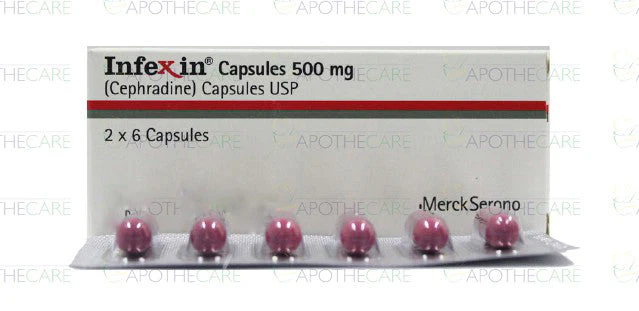


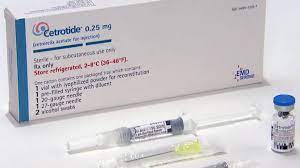
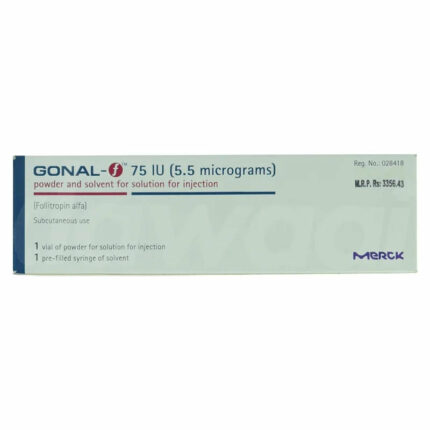
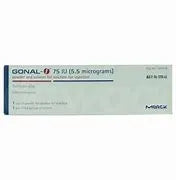
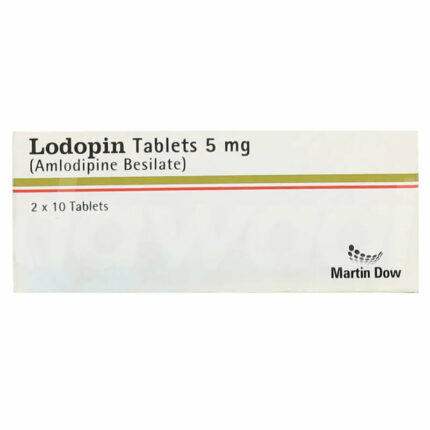
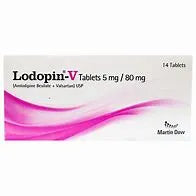

Reviews
There are no reviews yet.